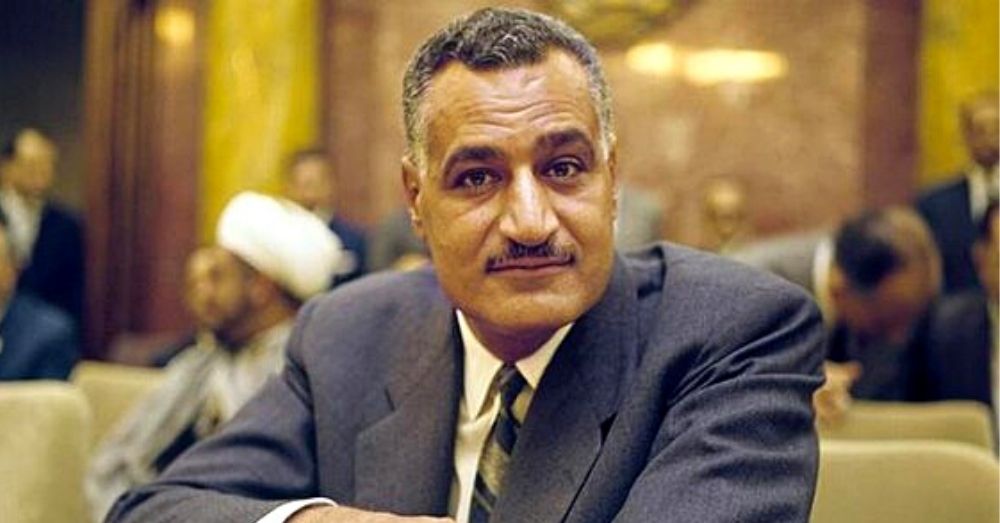Tag: Nasser
Broadcast on November 3, 2021 About this episode: The next episode in the series covers the fascinating life of Gamal Abdul Nasser, revolutionary and former president of Egypt. Nasser emerged at a time when Egypt was controlled by the British and through determination and powerful leadership he led a coup that saw Egyptians control Egypts future. Infamously he would nationalize the Suez canal, sparking a huge diplomatic incident. While also acting as a leader of sorts to many countries also seeking to move past their recent colonial pasts. He was an incredible speaker, a beloved leader and shaped the Arab…
Leave a CommentA lecture delivered on 6 May 2020 in the EUME BERLINER SEMINAR The Six-Day War of 1967 is a pivotal event in the modern history of the Middle East, and its ripple effects continue to shape events in the different countries of the region to the present day. Of all the belligerent countries that participated in this war, Egypt was the most deeply affected. The war left 10,000 dead, one tenth of the fighting force, in addition to 15,000 wounded and captured. The entire Sinai Peninsula, 6% of Egypt’s total area, was lost. More than 80% of military materiel was…
2 CommentsAn interview with Sonja Zekri published originally in German in Suddeutsche Zeitungand then in Qantara.de on June 23, 2017 In interview with Sonja Zekri, Harvard-based Egyptian historian Khaled Fahmy describes the Arab defeat at the hands of Israel in the year 1967 as triggering the rise of Islamism It was a short war, just six days, yet during that time Israel destroyed the armed forces of Egypt, Jordan and Syria, captured the Sinai and the Gaza Strip from Egypt and occupied East Jerusalem, which up to that point had been part of Jordan. And that was only the military debacle. The political and cultural…
Leave a CommentPublished in Aeon on November 3, 2015 This is an historical perspective on the Arab Spring – particularly in Egypt, but generalisable to some extent to other Arab countries – from a historian by education and practice. A peculiar personal experience drew me from being another Egyptian protesting in Tahrir Square in Cairo to the state historian of the Egyptian revolution. Only one week after Hosni Mubarak stepped down as president, the head of the Egyptian National Archives together with the Minister of Culture appointed me as Chair of an official committee empowered to document the momentous popular uprising of…
Leave a CommentOriginally published in Al-Ahram Weekly, December 20, 2012. In 1805 Mohamed Ali, a young upstart who hailed from Kavala in what is now Greece, who spoke no Arabic and who had no prior links with the land, ended up as governor of Egypt on behalf of the Ottoman sultan. In the few years to follow, he struggled to establish his authority and to restore the productivity of a country ravaged by years of internecine warfare, devastating plagues and foreign invasion. Most seriously, he found himself embroiled in the quagmire of complex Mamluk politics with literally hundreds of Mamluk war lords,…
Leave a CommentA radio interview with Scott Simon of NPR on the 50th anniversary of the Suez War, recorded on October 28, 2006. SCOTT SIMON, host: Fifty years ago, while much of the world watched the nationalist uprising in Hungary, another crisis broke out in the Middle East, war over control of the Suez Canal, President GAMAL ABDEL NASSER (Egypt): (Speaking foreign language) SIMON: Egypt’s President Gamal Abdel Nasser had called the Suez Canal a symbol of oppression. When Western nations withdrew their offer to finance construction of the Awan Dam, Nasser decided to national the British and French company that operated…
Leave a Comment




